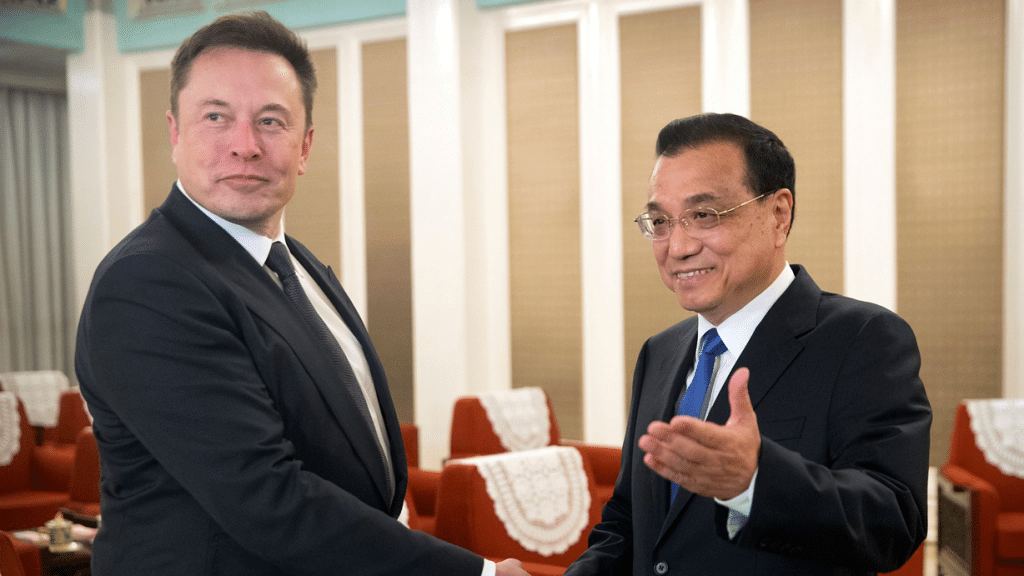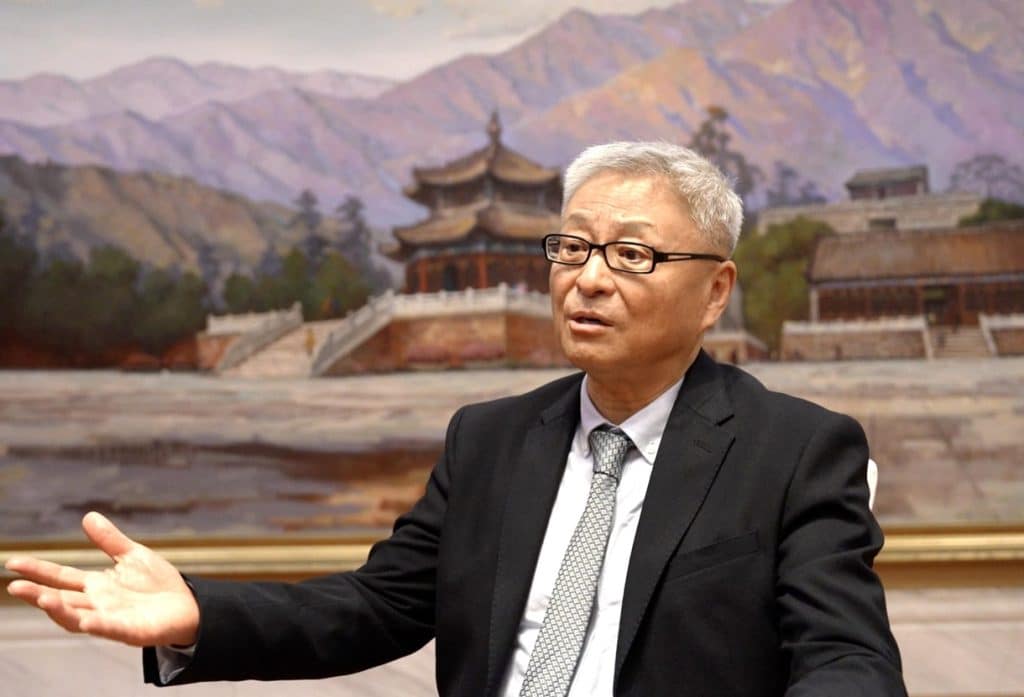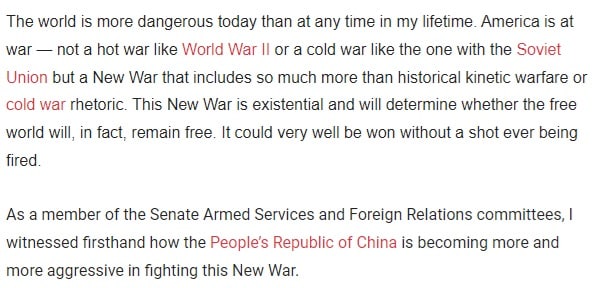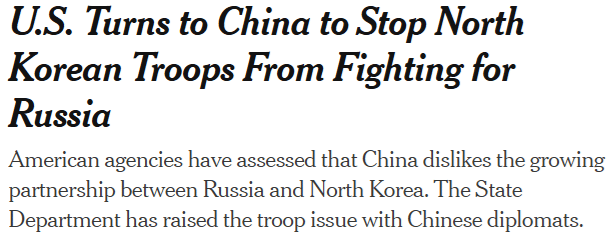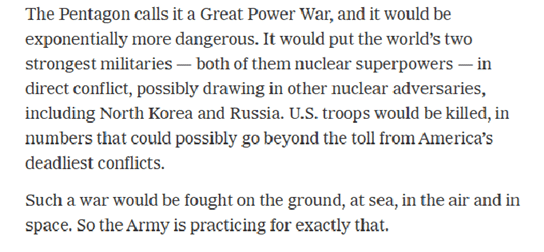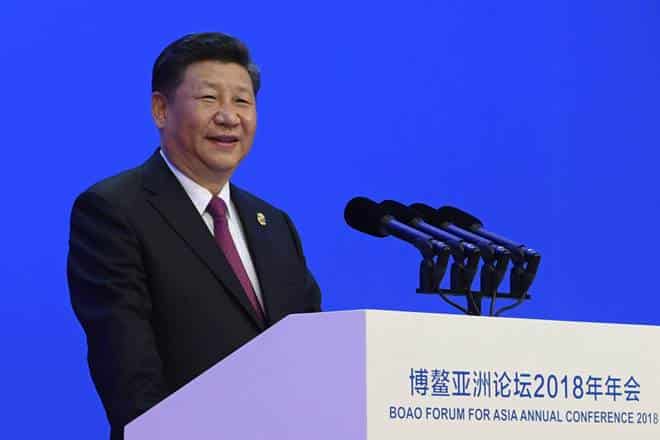Exclusive Interview: A Journalist’s View on Chinese Corporate Social Responsibility in Ghana
作者:Paa Kwesi Plange 来源:US-China Perception Monitor
In June 2013, two associates from The Carter Center’s China Program took a 10-day trip to Ghana to explore Sino-Ghana affairs. This is one of the interviews they conducted with locals while in Ghana.
Paa Kwesi Plange is the Executive Director of the Center for Investigative Reporting, Ghana
Q. With a background in journalism, and from your personal perspective, how do you see China’s involvement in Ghana?
A. Well, at the moment, it’s quite controversial, but before the relationship was quite good. I am saying it was quite good from my own perspective, not from the perspective of the government. From where I sit as a journalist and a Ghanaian, we have heard about a lot of positive engagements with China along the years. Under our first president, Dr. Kwame Nkrumah, Ghana and China were good allies. Ghana was one of the primary leaders of the non-aligned movement which stood for south-south cooperation [cooperation between developing countries, especially in the global south]. That is the history of the relationship between Ghana and China.
At the moment, there is a lot of public fury about the engagement of some Chinese citizens in gold mining in Ghana. It has been an issue that has created some bit of discomfort in the relationship between Ghana and China. At the moment, this issue is being addressed. I believe once it is addressed, it will erase any doubts in the minds of people about the Ghana-China relationship.
Q. Do you have any personal relationships with any Chinese or do you know anyone that knows them on a personal level?
A. I have been to China once. I was hosted by a Ghanaian who lives in China and works in China. He has a Chinese driver and a secretary who does the translation and stuff for him. Chinese people are nice people; Africans are a bit mysterious. They wonder who these people are. Once you muster the courage to talk to them, you have friends for life. I have Chinese friends in China, but I don’t have any Chinese friends in Ghana.
Q. Can you elaborate a little more on the current controversy? I know we talked about polluting the water through upstream gold mining and also about the Chinese individuals obtaining mining licenses illegally. Could you share more of your thoughts on how this situation got to where it is now and how it started, and how it evolved into something so controversial and critical.
A. I think if any foreigner wants to be engaged in business in Ghana, there is a certain threshold for investments. It used to be $500,000 but I think it has been extended to $1,000,000. Small-scale mining has been reserved for Ghanaians because Ghanaians don’t have the financial means to raise the required investment for large-scale mining. So that area has been reserved for Ghanaians. So what some Chinese have done is to team with Ghanaians with a license to prospect for Gold. In other words the Ghanaians sublet their concessions to the Chinese.. Then the Chinese will come with their machines and know-how and just move to where the concession is, and they start prospecting [the area] and then begin production. This has created some problems because digging for gold requires digging the dirt and washing it. This allows them to get to the gold itself, so they situate their operations along rivers and lakes. In doing that, they pollute the bodies of water. A lot of major bodies of water in Ghana have been polluted. If you are thinking of the issues with large-scale miners, they are dealing within the legal framework. They have a lot of competence and a large component of Corporate Social Responsibility (CSR) in the form of community service . To that extent, if they become aware of pollution, they come up with a remedy for the problem. But you can’t control the activity of the illegals. They are here today, gone tomorrow. They are all over the place. It is a bit difficult. A solution is being found. Once the laws are explained to all, people will know where they stand on the side of the law. If the Chinese are interested, they can come together and raise $10 million. Then they can go anywhere and prospect for gold based on the conditions that are set out under the law.
Q. Have you heard of any CSR Programs that are implemented by Chinese companies that are providing remedies to environmental damages or helping to build communities?
A. Not really. I can’t think of one at the moment.. What I know is that in an environment that is tainted with so many negative stories involving Chinese citizens, if one Chinese company is doing CSR, nobody would hear of it or attach any importance to it. The assumption is that a lot of guys are acting badly, so what good would one person or company do, or two or three people do. I think the challenge is for us to look out for those who are engaged in CSR, then disseminate their stories. Make sure it is part of the culture of the organization. From where I sit, I have not come across any of that, but I am sure (Huawei ) has been doing a lot, especially in the IT and Telecoms sector in Ghana and most of Africa. They are helping a lot of members of parliament in Ghana. But as to CSR, I am not so sure. Don’t take my word for it. They might be doing it, but I am not sure.
Q. We are just trying to figure out how Chinese companies can do a better job of not only implementing their CSR, but in letting the communities know what they are doing. And seek feedback from the communities about whether what they are doing is needed or beneficial.
A. I think one major challenge is the [lack of] socialization. You know you have to be embedded in the culture of a people for a while to appreciate who they are and what makes them tick as a group of people. From where I sit, I think that has not been done very well. I think the embassy should set up a unit whose responsibility would be to give their people who travel abroad the correct orientation of the country and the culture of these countries.. If the Chinese are coming down here, they should have some type of socialization about the things that make the people here tick. What is the culture? The traditions? Once you gain that understanding, it makes it much easier.
Q. Comparatively speaking, you said you have not heard of many good Chinese CSR stories. What about the western companies? Do you think they are doing a better job?
A. I think they are. I think Newmont, a gold mining company in the US, has also had some issues. At a point, they had a concession in a forest. It created a lot of public anger. It has died down a bit. They are a big company and they do a lot of CSR. You hear about them building schools. You hear about them commissioning boreholes , building schools, libraries and homes for natives whose homes are within their concessions. The commissioning of boreholes in these gold mining communities is important because it helps in reducing guinea worm infection and other water borne diseases that are common in those areas.. If companies step up their CSR, it will basically balance some of the challenges that we have.
来源时间:2018/4/5 发布时间:2013/7/29
旧文章ID:15810


